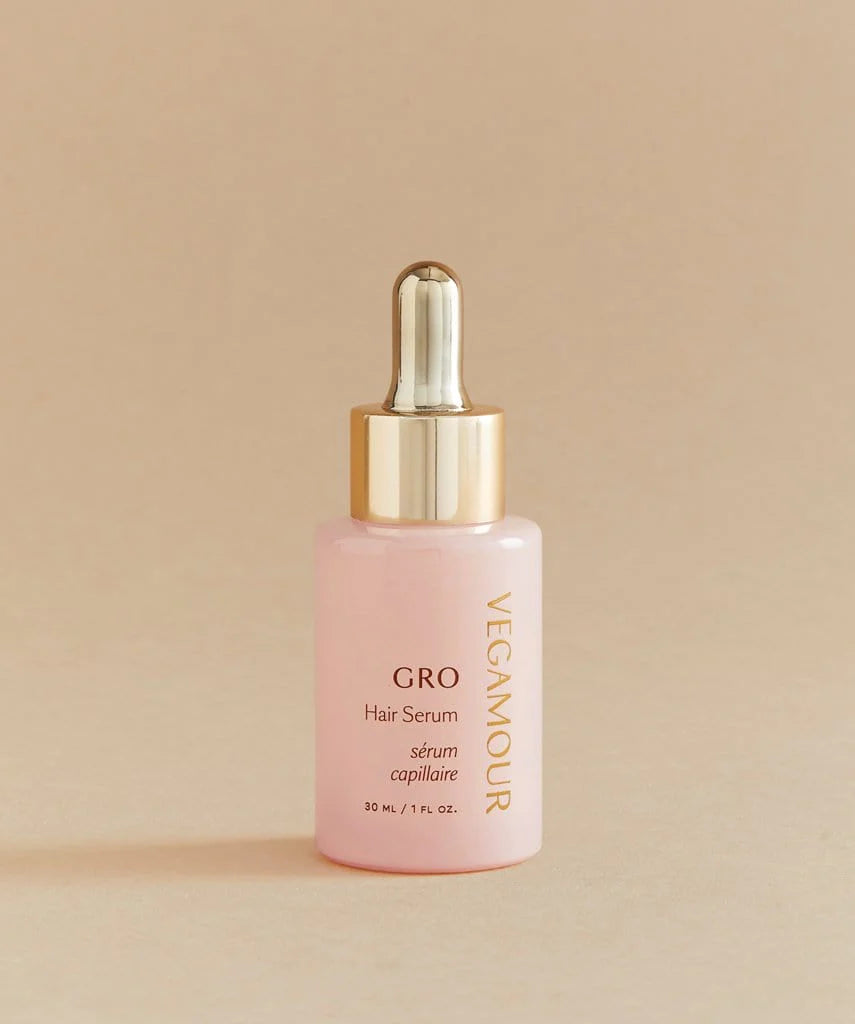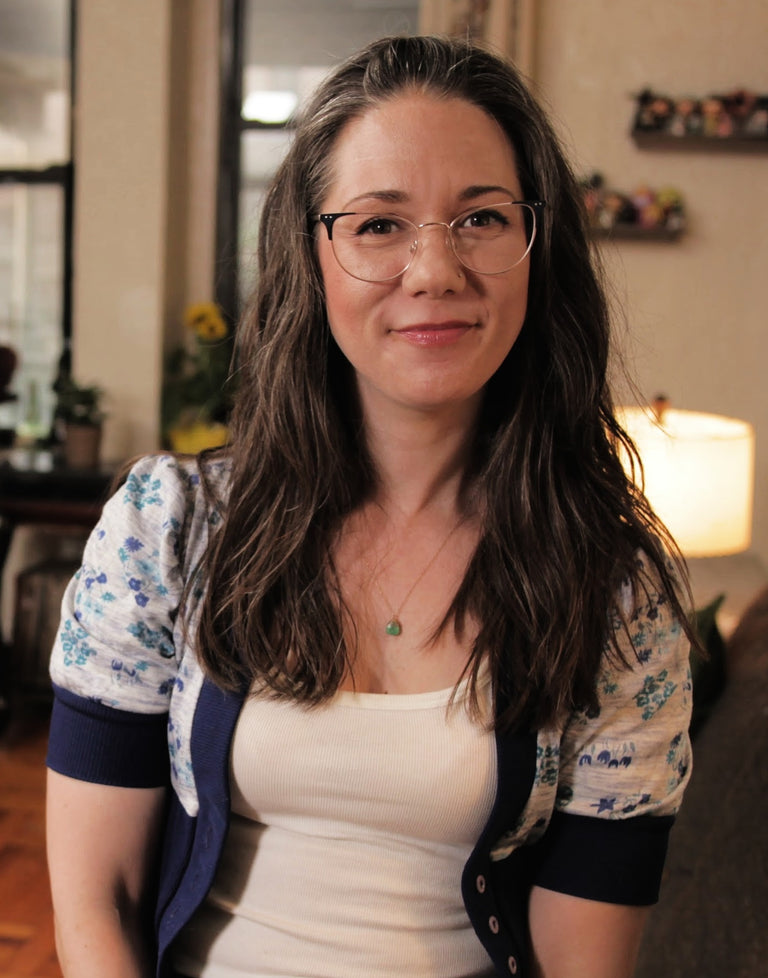According to the National Institutes of Health, about 60,000 people in the United States receive anesthesia daily. Even though it’s become a very common and relied upon tool in modern medicine, the thought of going under general anesthesia can be scary.
The side effects of anesthesia can range from person to person but could include potential hair loss. Losing your hair is probably the last thing you want to think about before undergoing surgery that requires anesthesia, but is there a connection between hair loss and anesthesia? Read on to understand how anesthesia might be connected to hair loss, along with tips for getting back to luxurious and healthy hair.
The Surgery and Hair Loss Connection
Surgery is a stressful event — both mentally and physically. Not only is there a direct physical impact from the surgery itself, but there are ripple effects on the body’s physiology after the fact, too.
That could mean an impact on your hair follicles and hair growth. “Telogen effluvium is one of the more discouraging side effects that many patients have to deal with following surgery,” said Dr. Sean Ormond, a board-certified anesthesiologist with Atlas Pain Specialists.
Telogen effluvium is a temporary hair loss condition that happens when the normal hair cycle is disrupted, and it’s triggered by major stressors like surgery. Each active hair follicle on the scalp moves through a cyclical hair growth cycle. At any given moment, most follicles are in the active growth stage (the anagen phase) and this phase typically lasts anywhere from two to eight years. The stress of surgery can send a disproportionate number of follicles into the resting phase (the telogen stage), which ultimately ends in shedding.
The excessive hair loss that comes along with telogen effluvium typically starts about three months after surgery, since that is how long the follicle rests before shedding the hair shaft and beginning a new cycle. Because of the time delay, people don’t often make the connection between the stressful event (surgery) and the sudden hair loss. But the good news is that telogen effluvium hair loss is temporary and only lasts for a short period (typically three to six months) and resolves on its own as your body heals from surgery.
Not only that, but your follicles might also be impacted by postoperative iron deficiency, which is extremely common and estimated to impact 90% of postoperative patients Iron is an important mineral supporting hair follicle function. Since your hair follicles require a variety of different vitamins and minerals to function, the increased metabolic needs of your body while it is healing could divert further essential nutrients away from follicles.
Read More: Why Some People Experience Hair Loss After Surgery
The Anesthesia and Hair Loss Connection
“When someone is given general anesthesia, the nerve signals in their brain and throughout their body are disrupted,” explained Dr. William Kemper, a pediatric dentist and founder of Kemper DMD. “This medicine suppresses the sense of pain, but it also slows down the body's cellular processes, which prevents the hair follicle from obtaining appropriate levels of oxygen.”
While there has been no direct study of the relationship between anesthesia and postoperative hair loss, it is believed that the stress of reduced oxygen could impact blood supply and trigger follicles to move into the telogen phase, ultimately causing telogen effluvium. “In a nutshell, hair thinning and loss are more likely to occur when the hair cells do not receive an adequate supply of oxygen,” said Dr. Kemper.
Without further study, it’s hard to say for sure whether anesthesia causes hair loss. To complicate matters, there are also many different medications used for anesthesia. With that said, both doctors and patients have observed an anecdotal link between surgery and telogen effluvium.
While anesthesia may not cause hair loss, it might contribute to another form of postoperative hair loss called positional alopecia.
Positional (or Pressure) Alopecia
“This is hair loss that occurs from one’s head being in one position for several hours at a time,” explained Dr. Dominique Aimee Jean, a board-certified pediatric anesthesiologist. “The physical pressure on the scalp can decrease blood flow to the hair follicles, which may lead to hair loss.”
While pressure alopecia can happen during any lengthy surgery (or in recovery if mobility is limited), a 2012 research review found a link between a particular type of anesthesia, hypotensive anesthesia, and an increased risk of positional alopecia.
"If a patient has low blood pressure during an operation (or a hypotensive anesthetic is requested by the surgeon, for example, for jaw realignment surgeries), the risk of positional alopecia may increase," added Dr. Jean.
Holistic Care for Postoperative Hair Wellness
While the connection between anesthesia and hair loss hasn’t been widely investigated, the good news is that the hair shedding most often experienced after surgery, telogen effluvium, is typically only temporary and resolves on its own once your body fully recovers from surgery. Here are a few tips for supporting your body’s return to full strength and glorious hair growth.
Eat a Nutritious Diet
Since your body’s metabolic needs increase during healing, focusing on getting a diverse and varied diet becomes especially important since your hair follicles need several essential vitamins and minerals to function at their best. Nutritional deficiencies can impact hair follicles and growth.
Squeezing in extra servings of fruits, vegetables and legumes rich in zinc, biotin (vitamin B-7) and iron are a good place to start, while also making sure you’re getting plenty of healthy proteins. If you need a boost, our GRO Biotin Gummies have been specially formulated with hair health in mind. Each gummy contains biotin, vitamins A, C, D and more to help cover all your bases.
Get Plenty of Sleep
“People who experience hair loss after surgery should ensure they get adequate sleep every day,” said Dr. Michael May, medical doctor and director of Wimpole Clinic. “Lack of sleep can cause stress, which can worsen hair loss. It is also important to note that enough sleep allows better cell regeneration.”
So set those bedtime reminders, avoid screens and get as much restorative sleep as you can!
Gentle Exercise
Exercise may not be an option when you’re recovering from surgery, but even for healing bodies exercise can offer several benefits. “Regular physical activity improves sleep and reduces stress,” said Dr. Ormond. This makes even gentle exercise, like walking, a great way to support healing and hair health.
Switch Up Your Hair Care Game
While your hair follicles are recovering from a period of telogen effluvium, giving them a little extra TLC can also be of great benefit. Gentle hair care that minimizes tight styles, heat styling and chemical treatment are three good ways to offer follicle support.
Avoiding products that contain synthetic or harsh ingredients, and opting instead for all-natural vegan shampoos and conditioners formulated for hair health, like our GRO Revitalizing Shampoo and Conditioner, is another way you can give your follicles extra care. Consider too adding a hair serum like our GRO Hair Serum, which:
- Reduces signs of shedding by up to 85%*
- Increases the appearance of hair density by up to 56%*
*Based on a 120-day independent, third-party clinical study with 40 participants using GRO Hair Serum once daily.
The Takeaway
After major surgery, the most common form of hair shedding that patients experience is a temporary hair loss condition called telogen effluvium. The direct relationship between anesthesia and hair loss has not been widely studied, though some initial research suggests there could be a connection between specific types of anesthesia and a particular form of hair loss called pressure (or positional) alopecia.
When recovering from surgery-related hair loss, take a holistic approach to wellness that includes a healthy diet, lots of sleep, a gentle hair care routine and exercise. If you’re experiencing hair loss after surgery, be sure to talk to your doctor or dermatologist to discuss treatment options.
#include-related-slider#
More From VEGAMOUR
- SHOP NEW: VEGAMOUR Hair Oil
- Does the Keto Diet Cause Hair Loss? Causes and Tips for Growth
- Experiencing Hair Loss Due to COVID-19? You Are Not Alone
Photo credit: Youngoldman/iStock
Back



















